The plus side of this podcast is that the guests vary regarding the type of adoption journey they have had (domestic, international, foster-adopt..) and it is a good survey of the many different situations and challenges facing adoptive families, along with some stories from the adoptees personally. I would say the negative thing** for our CAS clients is that of all the episodes I've heard so far, the birth parents are not integrated into the conversation as much. Since many of the stories I have heard so far are not domestic infant adoption, conversations about openness and navigating the relationship with birth parents haven't been as prevalent. I'm hoping to hear more of these themes as I listen to more episodes. Even in the host's personal domestic infant stories, unfortunately the birth parent perspective is not well-represented. Since the audience is definitely adoptive families, I can get past some of my misgivings when I think of the encouragement this podcast can be for families in many different stages of the adoption journey. The host, April Fallon, is very faith-centered and intentional about approaching each story with grace and support. There is an awesome segment in their first episode (AJ's Adoption Story) about their personal adoptions that April and Noah discuss what God taught them through their first adoption.... "It reminds us of God's adoption for us...God changes you. I recommend checking it out for yourself and I hope you find stories that you can relate to and receive encouragement from. Cambria LarsonOffice Manager @ CAS 6/21/17
**Post Update: I was pleasantly surprised to have a response from April Fallon, host of Adoption Now, within 24 hours of our post. She gave some suggestions of what stories to listen to with more focus on open adoption and birth parents. She also invited our families to share their stories as guests on her show, so if you are looking for ways to share positive adoption stories, get in touch with Adoption Now. I can't wait to give these a listen... From April Fallon, Host of Adoption Now: Lauren Stokes is an adoptee that was adopted in Denver 37 years ago into an open adoption. She is now a therapist and speaks on the value of knowing her birthparents and having a relationship with them while she was growing up. Corrine Christian is an adoptive mom of 5 kids (3 adopted). She shares about open adoption and how she takes the birthparents on trips, she just took a birthfather to Peru. She shares how much she loves open adoption and the healthy benefits her children experience through knowing their birth parents. She also holds birth parent retreats to help in their healing after placement. In Ashley Mitchell's story, she is a birthmother that shares what it was like to place her baby into adoption and how she has a relationship now through open adoption with her son. My husband and I have adopted 4 children and two of them have the same birth parents, we also have an open adoption. We have discussed having boundaries due to the birth parents drug addictions but the wonderful benefits of knowing our children's birth family. This week we will be interviewing Ashely again who is now writing curriculum for agencies on birthmother care. She is teaches adoptive families how to have healthy open relationships and how to interact with your birthmother. This is a topic it sounds like you are looking for and we hope you will check out some of these recent ADOPTION NOW podcasts! If you have a family that would like to tell their story, we would love to hear from them. Thank you so much taking the time to listen!
0 Comments
One of our birth mom clients wrote this article that brings a very personal perspective to the stigma felt by birth moms who choose life and a loving couple to raise their child. We hope you find this enlightening and can reflect on how we each might encourage life in our community.**Why Birth Parents are Shunned While Adoptive Parents are Praised 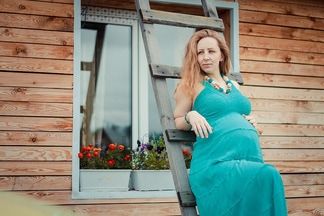 People are typically surprised when they discover I have had a child. They are even further perplexed when I inform them that I chose adoption for my daughter. After the initial shock wears off, they often begin spewing out generic statements of praise such as, “You’re so brave,” or “What a selfless choice.” And although the words they speak are kind, sometimes I can’t help but notice a bit of a false or forced tone to them; almost as though they are only saying it because that is what is polite and not because that is how they genuinely feel. In fact, I am not the only person who has noticed this phenomenon, which leads me to believe that society holds a double standard when it comes to adoption. There seems to be a preconceived, negative view of birth parents who chose adoption, but a largely positive view of the families who choose to adopt the child. Part of the blame can easily be placed on the history of adoption. The practice of raising another individual’s child as one’s own actually goes back all the way to the times of ancient Egyptians, Greeks, and Romans. According to E. Carp in his book, Family Matters: Secrecy and Disclosure in the History of Adoption (1998), in an attempt to carry on their bloodlines, families would adopt a male child from another family and raise him as their own (pg. 3). Toward the 16th century, people started changing their views on this practice; any infertility was heavily scrutinized by the community and any means of forming a family outside of natural birth was deemed “Un-Christian”. The views of adoption really started to head south around the 1800s, when parents who were unable to provide for their children adequately sent them to live in orphanages and almshouses, or were taken there as an attempt to protect them from their home life. As many of us know today, the orphanages during that time were highly inadequate and the children often faced multiple forms of abuse. Despite these horrendous truths, unwed women at the time who were facing an unexpected pregnancy were often forced to either get married before the child was born or place it for adoption. In an interview with Lisa Smith*, now an adult with children of her own, she discussed her mother’s experience of having her child removed from her, despite her wishes to keep it; She didn't want to adopt my brother out. She was forced to. That's why she hid her pregnancy with me. She wasn't going to lose another child. She became an alcoholic along with my step-father. She mentions my brother sometimes and I can still see the hurt in her eyes and she is now 74. In her article, “The Case Against Adoption: Research and Alternatives for Concerned Citizens”, Jessica DelBalzo insists that in most instances, adoption agencies pressure pregnant women into choosing adoption so that they can continue their business and earn their paychecks. A study from Baylor University was conducted last month by Elissa Madden, PHD, Scott Ryan, PHD, Donna Aguiniga, PHD, Olga Verbovaya, MSW, Marcus Crawford, MSW, and Chandler Gobin, BA, about the different counseling experiences that birth mothers had. They were surprised to discover that there were many mixed feelings; however, several women were dissatisfied with the level of counseling they received and many felt that they were unprepared for the termination process. Hearing stories like these, it is easy to understand why someone would be quick to judge birth parents and the adoption process in general. In an interview with D. Overmoe and T. Bloch from Christian Adoption Services (an adoption agency in Fargo, ND), the two insist that, although they are not able to vouch for all agencies, it is never their intent to pressure an individual into something they are not comfortable with; whether that be the birth mother, birth father, perspective families, or anyone else involved in the process. They also want to make sure that the birth family is able to get the help that they need in order to be ready for such a difficult decision. Their organization likes to visit with the birth mothers at least once a week to make sure everything is going smoothly and help them cope with any grief or stress that they are experiencing. They admitted that it is easier to form these kinds of relationships because they are a small organization. 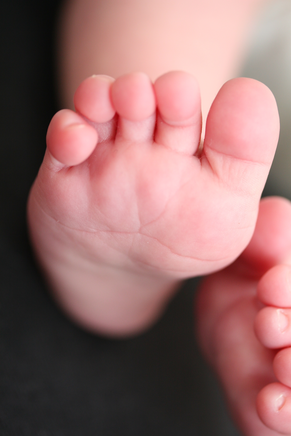 So you might be asking yourself, “why do birth mothers even choose adoption?” I, like numerous others who chose adoption, was simply not ready to be a mother, both mentally and financially. I had just decided to go back to school, was working part-time at two jobs and still living paycheck to paycheck, and I wasn’t ready for all of the responsibilities that come with raising a child. In another interview conducted with Andrew Campbell*, now in his 20s, he stated “My parents [placed me] for adoption when I was born because my sister was only three months old when my mom got pregnant, but after I was born and they gave me to the family, they [biological parents] took me back. I think they [adoptive parents] had me for like a week, maybe two.” He went on later to say, “It makes people ask a lot of questions about a topic that most people will never probably feel comfortable talking about. Whenever I told somebody that I was [placed] I've always gotten sympathy.” The key word that stuck out to me when he said this was "sympathy". Society these days automatically associates adoption as a sad, negative process, when in most instances it is done with the child in mind as an attempt to give them every opportunity that the birth parent couldn’t provide. Overmoe proclaimed, “When a lot of people think of adoption, they think of foster care where it wasn’t a choice and [the child] was removed from the home due to drugs, etc.” The two also described how some view open adoptions as a threat because, if the mother didn’t want the child in the first place, why should she get to visit now? To counter this argument, the U.S. Department of Health and Human Services, Administration for Children and Families, Administration on Children, Youth, and Families, and Children’s Bureau teamed up to produce an article on the Child Welfare Information Gateway website entitled Impact of Adoption on Birth Parents, in which they mention a study by S. M. Henney, S. Ayers-Lopez, R. G. McRoy, and H. D. Grotevant (2007) where they determined, “Birth parents in an open adoption have been shown to have better post-adoption adjustment, increased satisfaction with the adoption process, and better grief resolution” (par. 22). The amount of openness in an adoption is often dependent on the birth mother and the adoptive family, but most find that, although it may be difficult at first, it is easier in the long run to have an open adoption because then you don’t have to wonder about how the child is doing, what they look like now, and what sort of person they have grown into. However, they also discuss some of the other hardships that birth parents experience; such as struggling to find their place in the child’s life, difficulties in later relationships and with later children, and challenges with their personal identity (whether or not they are considered a parent, etc.). I chose to have an open adoption and I believe it has really helped me heal and it has lessened the grief knowing I could see my child again soon. 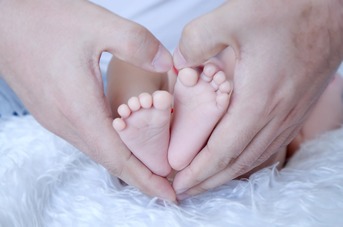 Another stigma often associated with birth mothers is the idea that they don’t want or love their child because they are choosing adoption. I can’t speak for anyone other than myself, but I know that for me, placing my daughter was easily the hardest decision of my life up to this point. When asked in a personal interview about her experience, Jane Doe*, a birth mother whose child is now 13, stated, “I did get comments from people asking if I loved my baby since I was choosing adoption. … People act like it's the worst thing that could happen.” Katie Davidson*, a young mother who chose to keep her child, shed some insight on society as a whole by declaring: People are so quick to judge on this subject because they usually don’t have a clue what’s going on and then the mother looks like they are a bad person. But you know if that mother would have kept the baby they would have judged that too. I have learned one thing, and that is no matter what your choices are; whether it's adoption, abortion, keeping baby, breastfeeding, formula etc., we will always be degraded by someone. To reinforce Davidson’s statement, Raina Kelley quoted Adam Pertman, the director of Evan B. Donaldson Adoption Institute, in her article, “Why Birth Moms Deserve Respect”, as saying, “Our society has lifted much of the stigma of single motherhood, but still finds it difficult to support a woman who is, as they see it, abandoning her child” (par. 5). People are so focused on what happened in the past that they don’t even realize that times have changed and what used to be a terrible sentence for a child is now a wonderful opportunity. So what can we do to change the views on adoption? The answer is actually fairly simple; educate others. One of the biggest reasons why birth parents are looked down upon is because they are simply misunderstood. If we can inform others that adoption has changed since the 1800s, that it’s not just children being forcefully removed from their homes, that their biological parents were often doing what they felt was best for their child, then maybe society would change their views on them. Overmoe and Bloch spend a portion of their time going around to local high schools for the sole purpose of educating students about adoption. The two discuss how, especially with debates over abortion in full swing, you see people arguing pro-life, but never even mentioning the idea of pro-adoption. This gives the impression that, when faced with an unexpected pregnancy, your only options are abortion and parenting, which is not the case. The duo hopes that by informing students of all their options, they can better make a decision that works for them. Another easy way to help birth parents is to provide support groups. It is important to grieve properly in difficult situations such as this, and support groups can help birth parents realize that they are not alone in what they are experiencing. It is relieving knowing that others have faced what you’re facing and they have come out on the other side still in-tact. According to their studies, Madden, et. all suggest that birth parents who received adequate grief counseling were more at peace with their decision and overall, had more positive feelings toward adoption. We have support groups for alcoholics, suicidal individuals, those dealing with cancer, and people with Alzheimer’s, so why not have support groups for birth parents? These two simple steps aren’t going to magically solve everything right away, but they are an excellent place to start. The most important thing is to talk about adoption, get it out of the shadows. We need to make people see that it isn’t a dirty thing that needs to be covered up and hidden, it is a gift of life; both to the child and to the family who might not have otherwise been able to have a child of their own. We need to recognize that, while it is a remarkable decision to raise another person’s child and take on that responsibility, it is also a remarkable decision to allow someone to raise your child as their own. Choosing to place your child for adoption is difficult, having to live with that decision shouldn’t have to be. *Names were changed to protect anonymity ** This article has been republished with the author's consent. The opinions expressed in this article are personal, and not necessarily the perspective of Christian Adoption Services. Emphasis ours. Be sure to come back for next week's post with Adoptive Family resources! |
CASWorking with expectant parents who want to make a life-affirming decision. Preparing couples to grow their family through domestic infant adoption. Archives
November 2023
Categories
All
|
|

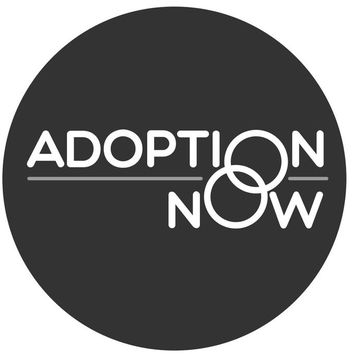
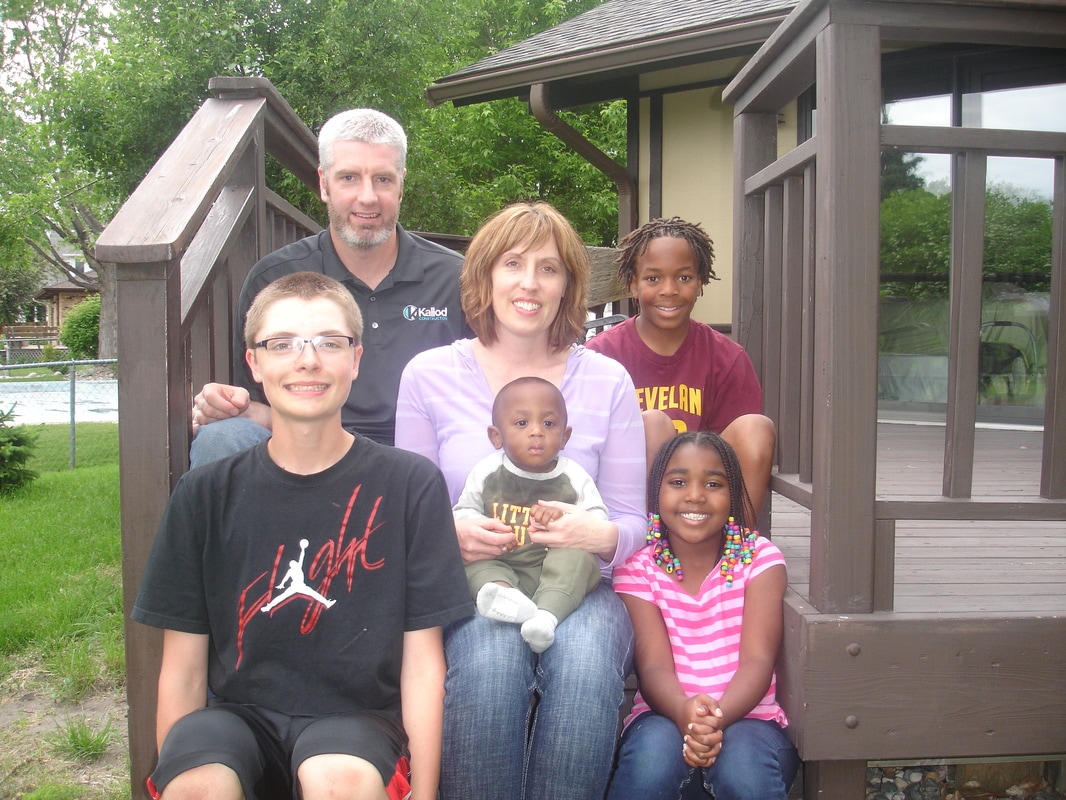
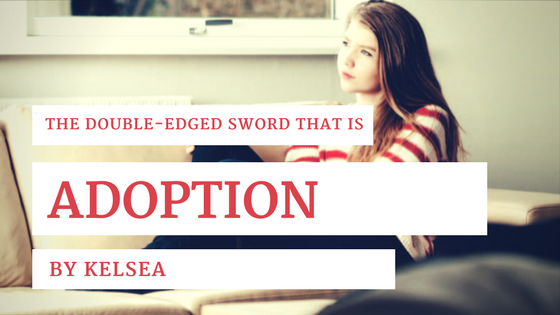
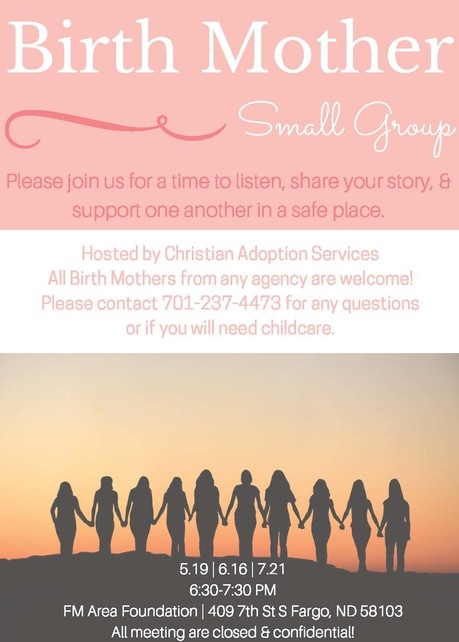
 RSS Feed
RSS Feed
